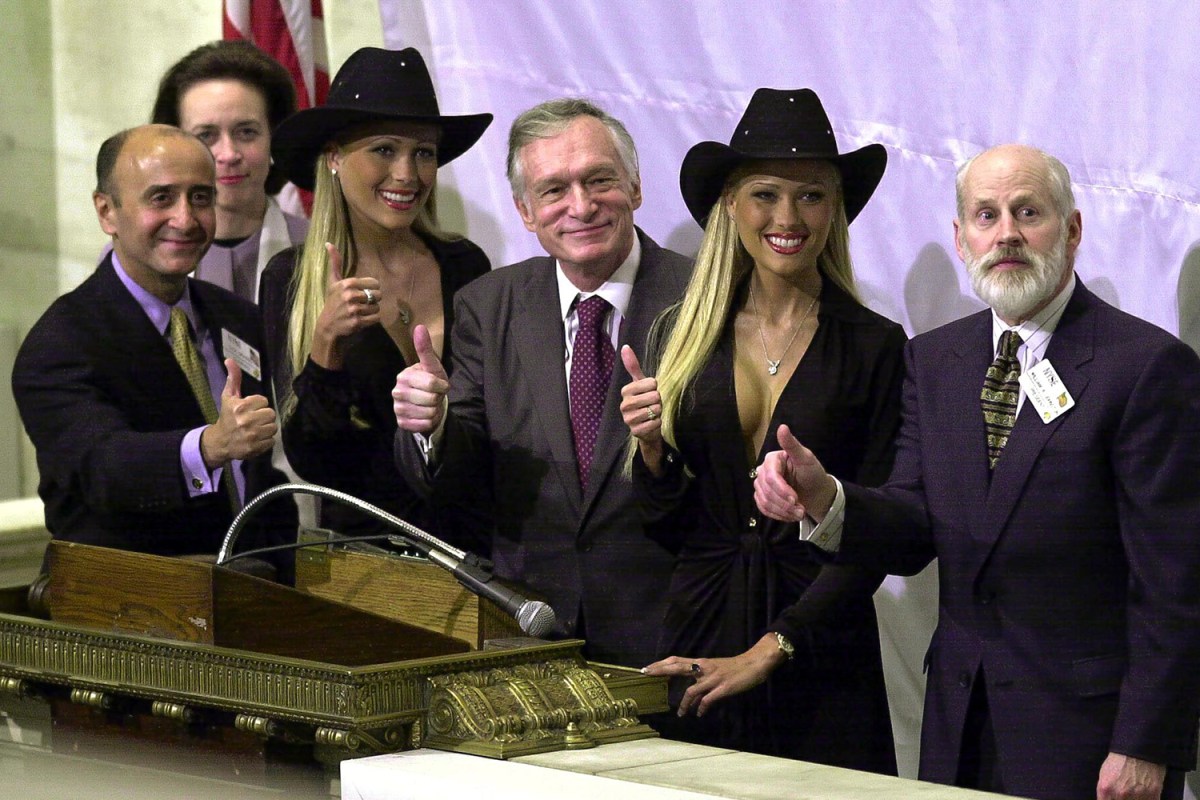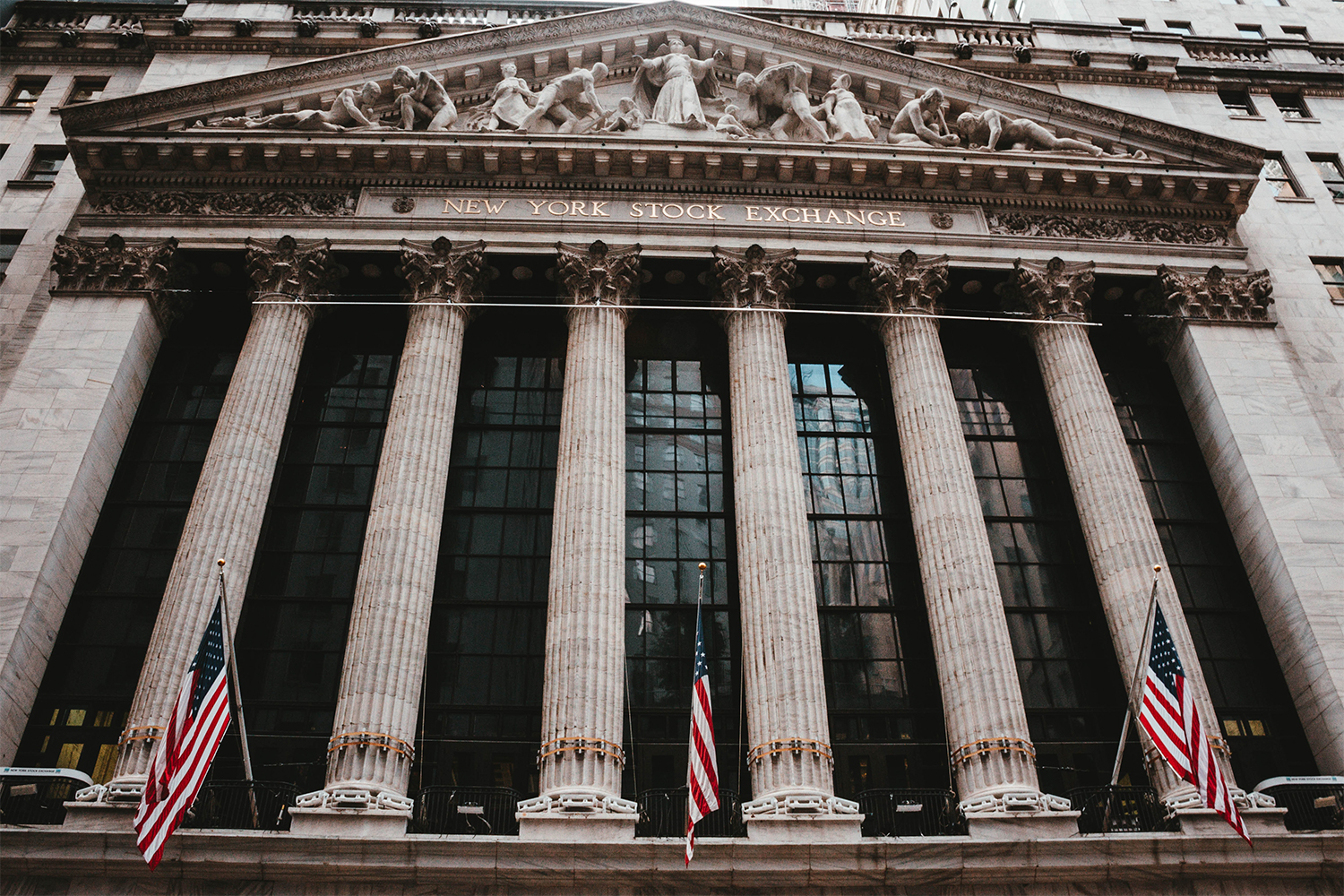Playboy has had an on-again, off-again relationship with the stock market. In 1971, back when Hugh Hefner’s empire was on the rise, the Bunny-eared impresario took Playboy Enterprises public via the New York Stock Exchange. In 2011, he cut his losses and took it private again after years of declining valuation. Then in 2020, three years after the founder passed away, we got the news Playboy wanted back in.
Today, the Bunny is officially back. As of 9:30 a.m. in New York, Playboy has been live and trading on the Nasdaq exchange using the ticker symbol “PLBY.” It opened at $14.54 a share and has been fluctuating between $15 and $13.
As we detailed in October, Playboy has reentered the stock market relatively quickly via an avenue that is gaining steam in the investment sector: the SPAC, or special purpose acquisition company. So no, this is not an initial public offering (or IPO) for Playboy; instead they have merged with Mountain Crest Acquisition Corp, a blank check company that had its own IPO in June of 2020. Now that the merger has been completed, the new entity trading under “PLBY” is officially known as PLBY Group.
If you haven’t been keeping tabs on Playboy, before you buy in you should know the tagline is no longer “Entertainment for Men,” as it was with the magazine in the ‘70s. It’s now, “Pleasure for All.” How does that translate into business? Barron’s gets into the details on that.
“Since taking the leadership reins in 2016, [Ben] Kohn and his team have largely wound down Playboy’s legacy print, TV, and other media businesses and pivoted to monetizing the brand via licensing and consumer products,” the outlet wrote of the current CEO. The print magazine is no more, but the company is doing well in the branded products department, and even in adjacent consumer goods (the company bought “sexy apparel” retailer Yandy last year).
The Playboy name may seem like a relic of a bygone era, but by no longer relying on the clout of the magazine or its late founder, they may have turned a page for the better, or at least enough to make investors give them a chance.
Thanks for reading InsideHook. Sign up for our daily newsletter and be in the know.


















